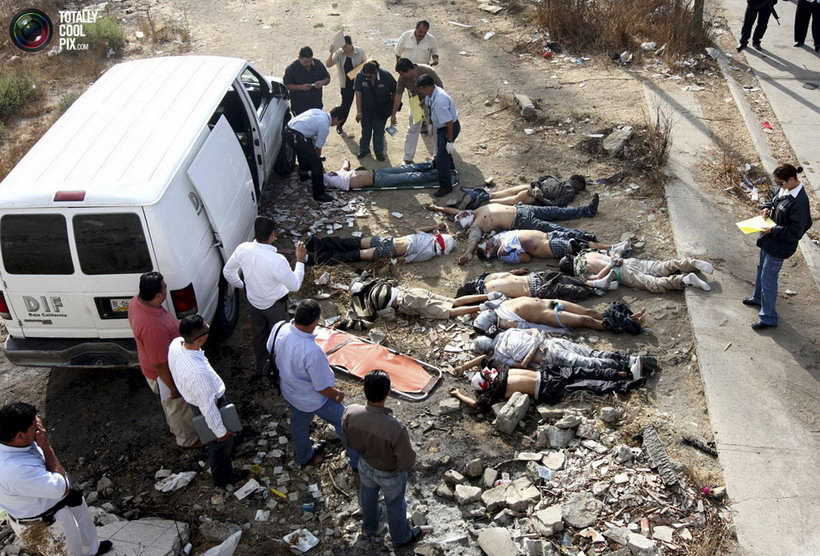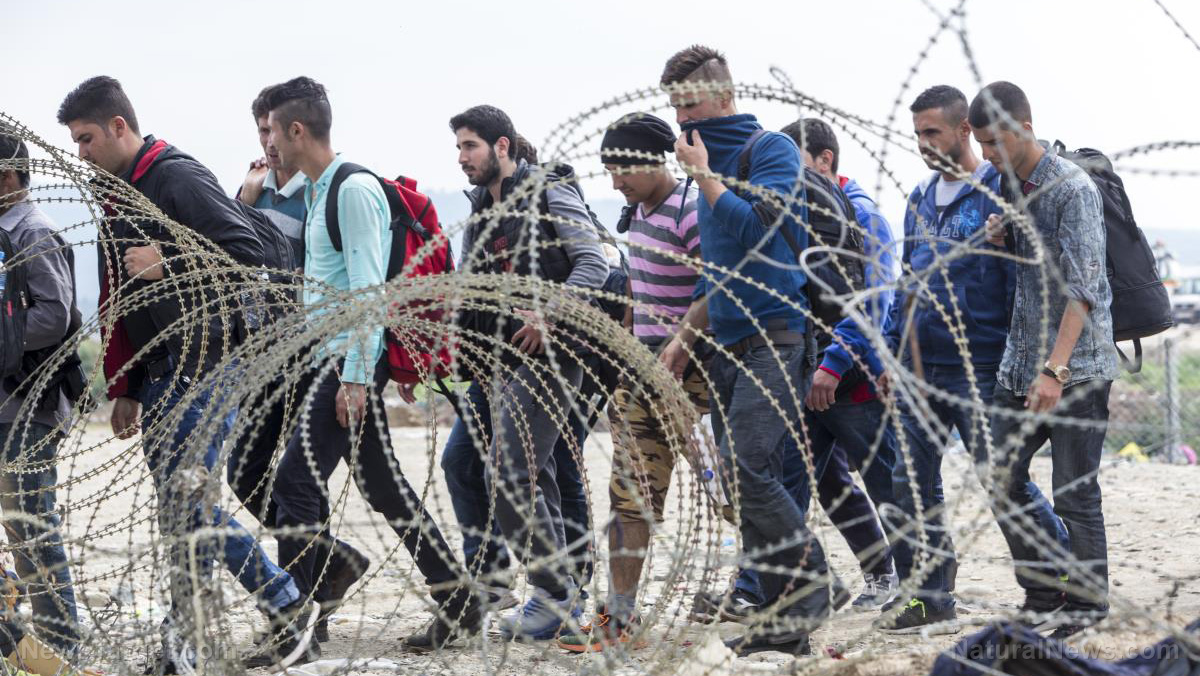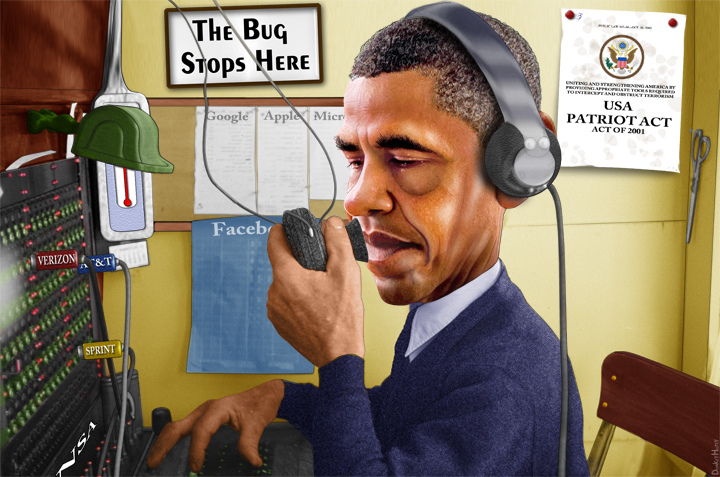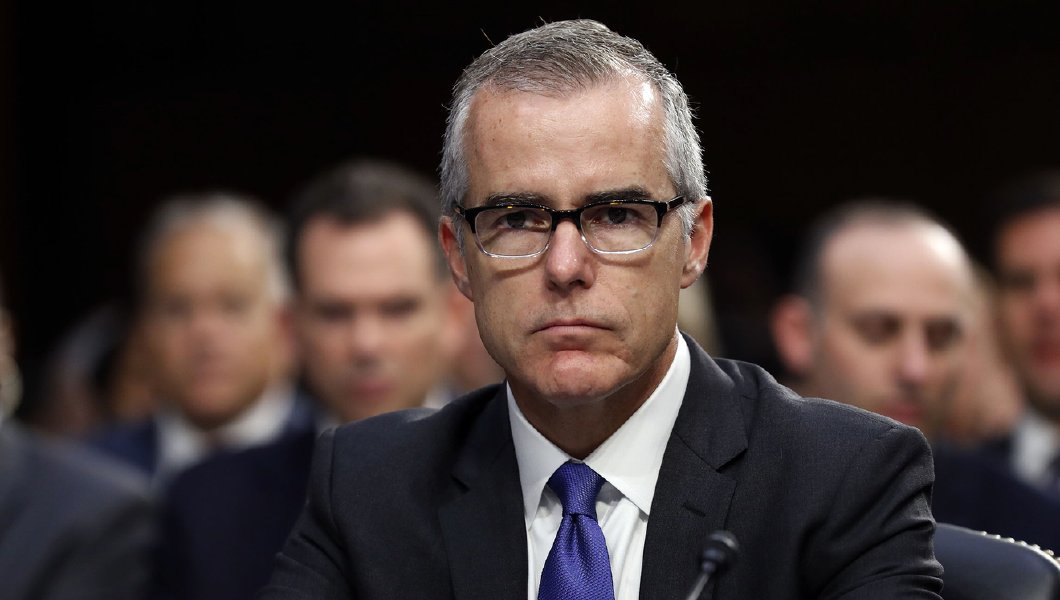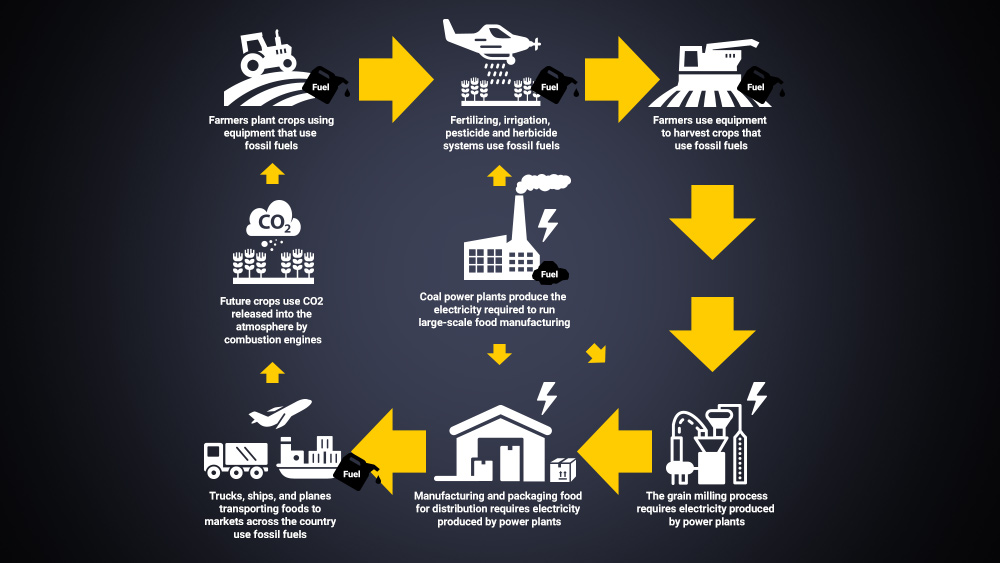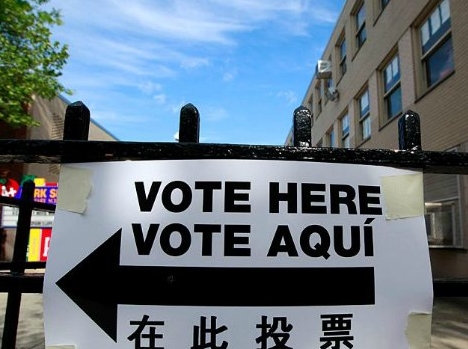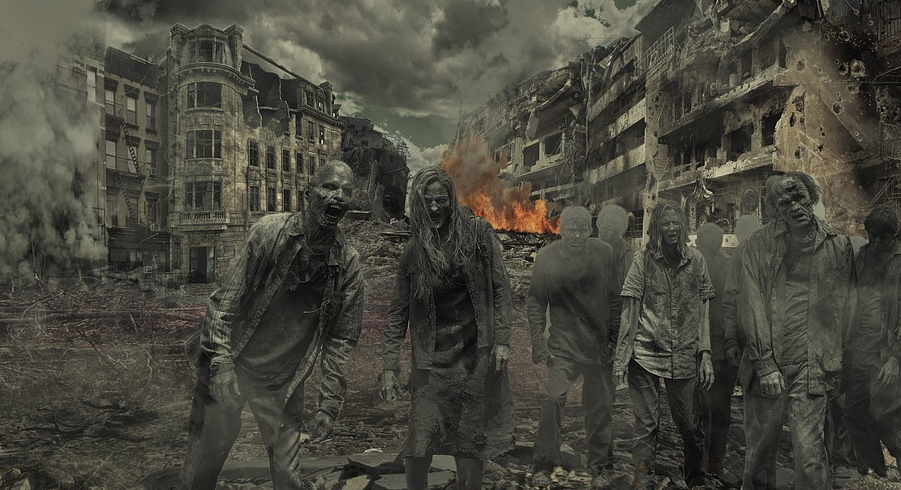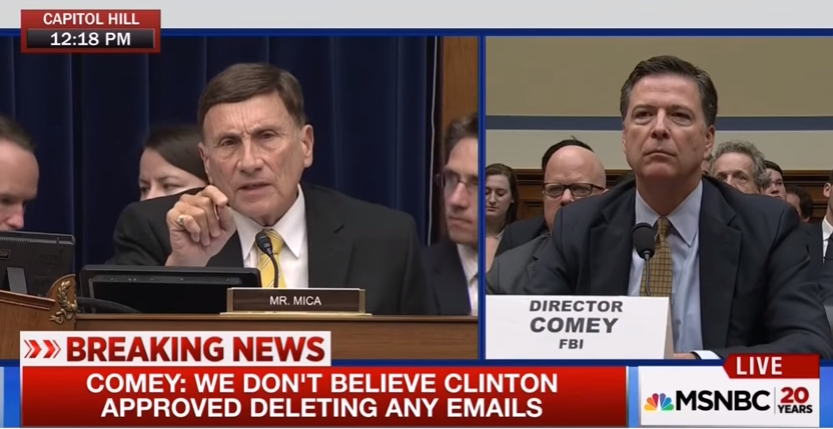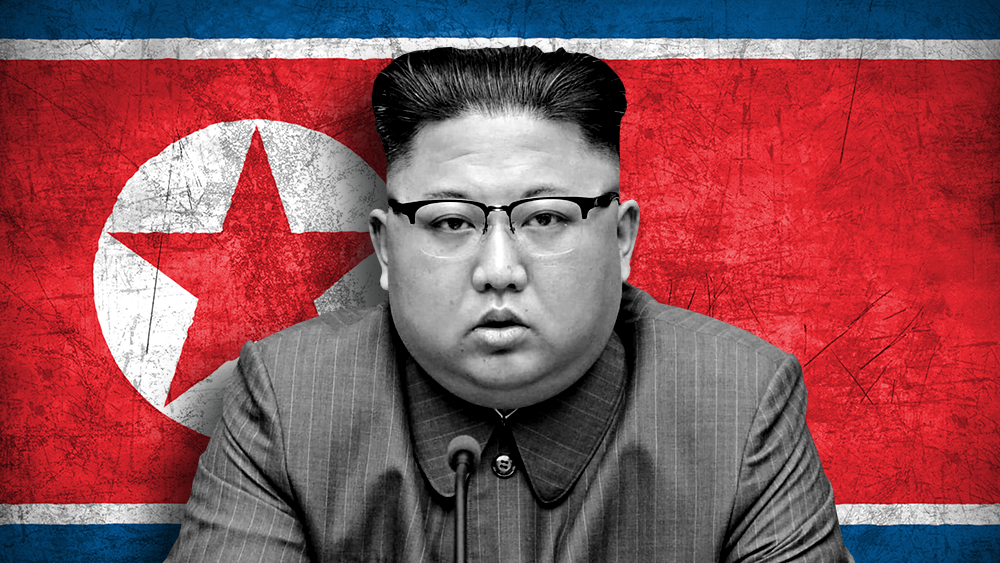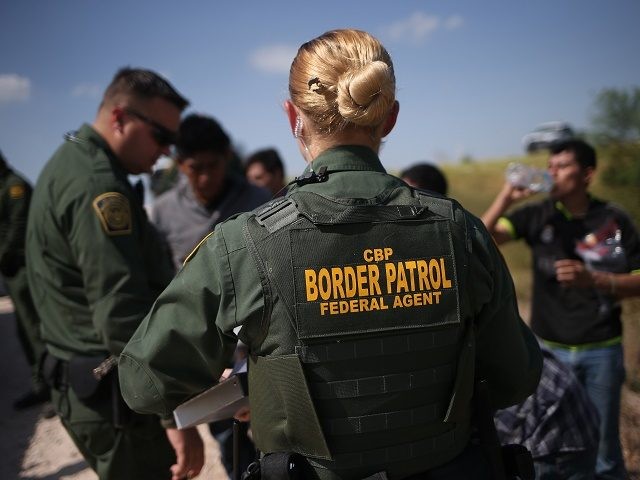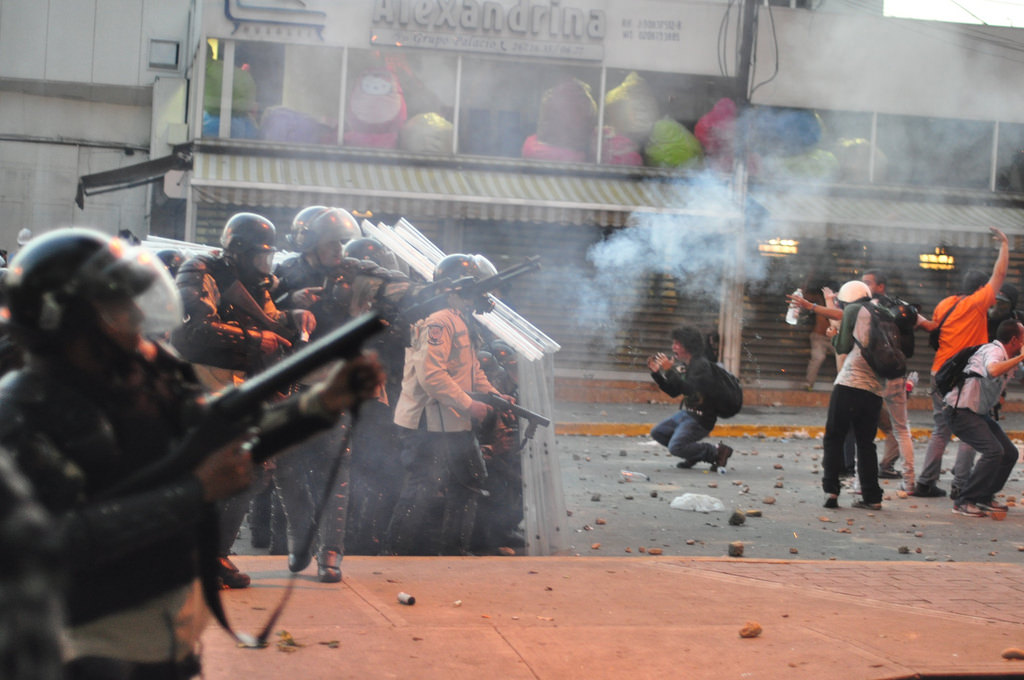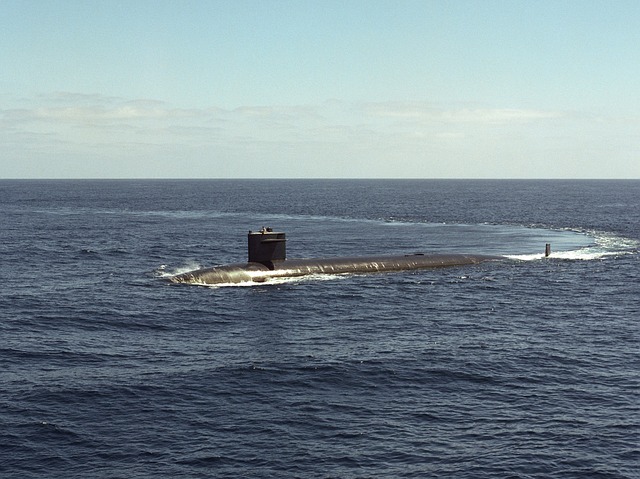Sustainable conflict: Expert says future “civil wars” will be fed by connectivity and social communication in these 6 ways
02/19/2019 / By Jhoanna Robinson

Several technological advancements in communication are actually contributing to the sustainability of today’s modern conflicts, a political analyst says.
According to Barbara Walter, who is a political scientist at the University of California in San Diego School of Policy and Social Strategy, breakthroughs in information energy, spearheaded by the global scope of the Internet, are resulting in civil wars that are much likely to endure for a longer period of time and which have the potential to be more violent and damaging.
Walter, who is a conflict expert and a co-founder of the award-winning blog Political Violence @ a Glance, illustrates three distinct phases that characterize modern civil wars: decolonization and the Cold War, from around 1951 to the early 1990s; “retrenchment” capped by an end of conflict due to negotiation and peace agreements from the end of the Cold War to 2001; and the latest wave, starting in 2003 with the fall of Iraqi President Saddam Hussein, plus the Arab Spring uprisings of 2011.
The civil wars of today – those that are happening in Iraq, Libya, Syria, and Yemen can all be classified into this category.
Most of the civil wars transpire in Muslim-majority countries – around 65 percent in total, an increase from 40 percent before 2003. Also, radical-Islamist ideals are the backbone of much of the rebel fighting, which is an entirely different story from the socio-econmic core of pre-Cold War conflicts. Finally, most of these rebel groups have transnational, rather than national, objectives. One can truly say that they have global scope.
Walter lists the six major implications of relating information technology to the study of civil wars.
- The new wave of internet communication is a good thing for individuals, especially in repressive countries. It will benefit them far greater than political leaders. This is due to the fact that with the Internet, it would be easier for citizens to organize and mobilize, and government leaders have no way of policing such movements, even if such are already in violation of the law.
- Rebel groups would find it easier to congregate and find resources such as money and people. This could result in more groups fighting against each other: the average number of civil war rebel groups in 1950 was eight; in 2010, ever since the Wed 2.0 revolution existed, the number increased to 14. “The transnational nature of…groups such as the Islamic State and Al Qaeda threaten a larger number of people in a greater number of countries than any group in the past. It also means that the resources from which they can draw, in terms of both money and human capital, are likely to be deeper and more extensive, making them a more formidable foe,” Walter says.
- Rebel groups encase their aims in global terms – they will forget borders and become motivated by an international audience. According to Walter, an international audience actually makes rebel groups more ambitious – they perform more scandalous and horrifying feats to gain more popularity throughout the world.
- Civil wars will last longer, as they will find financiers for their “cause.” “The easier it is for rebel groups to obtain consistent financing, and the easier it is for outsiders to help finance rebel campaigns, the longer civil wars are likely to be,” says Walter.
- The emergence of one civil war, particularly when promoted in the Internet, will likely cause the sprout of additional wars. Walter says that this is so because of faster information sharing and faster recruitment. (Related: Muslim Somali refugee student unleashes Ohio State attack with a vehicle and a knife… 9 hospitalized… campus was gun-free zone.)
- External support makes rebel groups disconnected from their own countrymen, thus causing them to commit more human rights violations towards civilians. An international audience can make rebel groups apathetic towards their own countrymen, as the groups care more for the support of people that are hundreds of miles away from them.
Other experts are of the same point of view, agreeing that online propaganda is contributing to today’s modern civil conflicts.
“Propaganda is as old as war itself, but traditionally, propaganda operations supported military operations on the ground. Now, however, military operations on the ground are supporting propaganda operations in cyberspace. This is what I mean when I say that information and the Internet are changing the way wars are fought, and the reasons why they’re fought,” says London-based author and journalist David Patrikarakos.
“ISIS is a classic example. As it ceases to be an army on the ground, more importance is placed on being a franchise and getting people to carry out attacks in its name, to keep it in the global consciousness. How do you defeat ISIS when the more you smash them on the ground, the more they grow in cyberspace? How do you compromise with ISIS when their only goal is that all of the world must incorporate itself into their caliphate? This is self-evidently impossible to compromise on. How do you defeat something like that?” Patrikarakos adds.
Sources include:
Tagged Under: caliphate, civil wars, computers, global terms, human rights vilolations, information technology, international audience, internet, rebel groups, Social media


